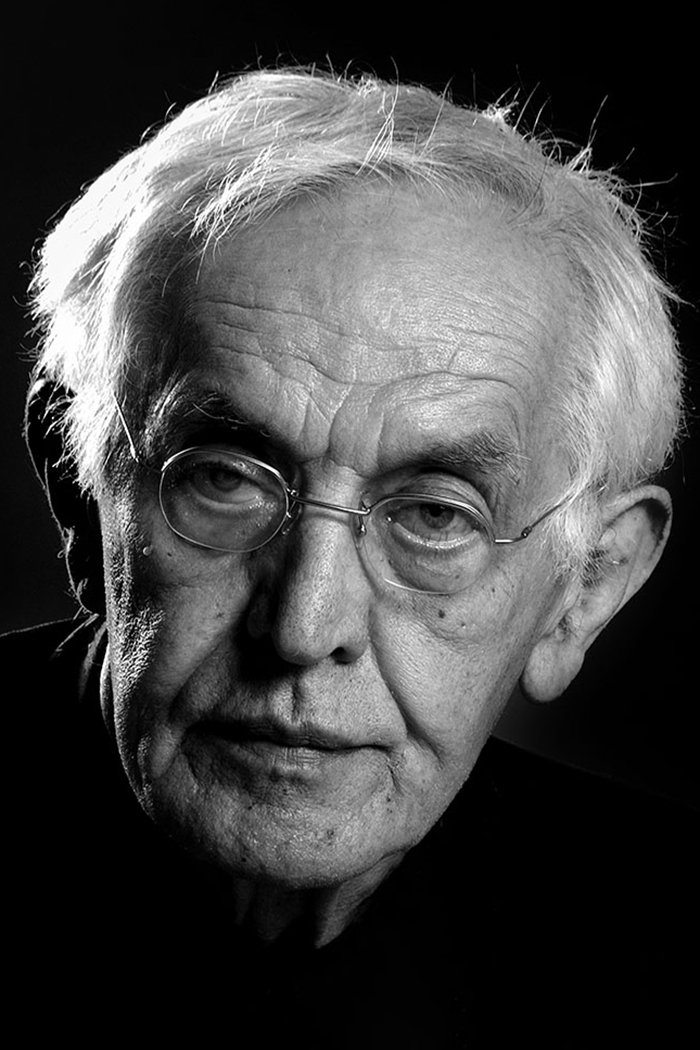
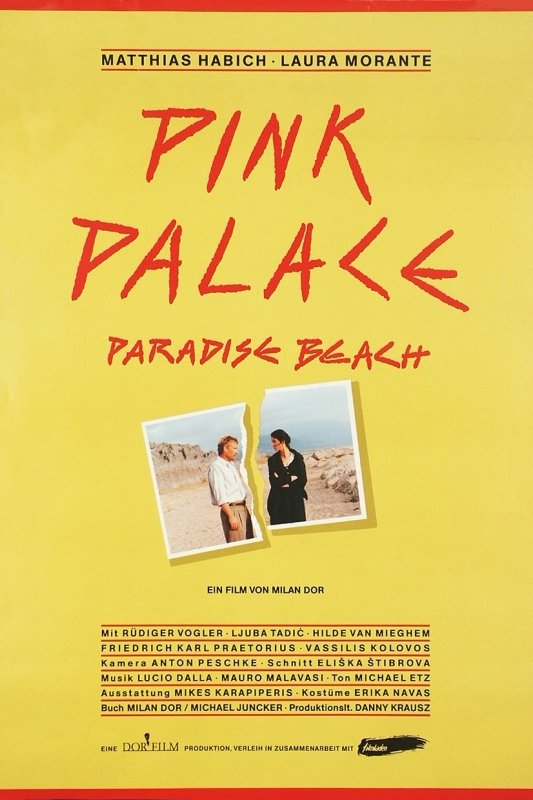
Are you happy? You don't have to answer right away. There is an island in the Mediterranean where the question concerning happiness is taken very seriously. A man comes and is drawn into a confusing game. A child an a mysterious woman play an important role in the game. He is mistaken for someone else and gradually sees the possibility of leaving his former life behind and finding happiness on the island. Is this only an illusion which should be rejected?
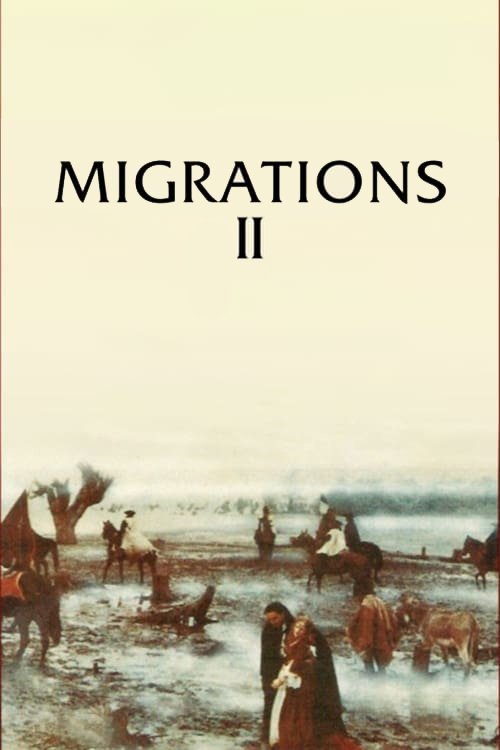
Screening of the synonymous Milos Crnjanski's poetic novel about the tragedy of Serbian people who scattered their energy and bones from Dnepr to Lotaringia during XVII and XIX century. The great Serbian migration topic is given through the military campaign of major Vuk Isakovic (Avtandil Makharadze) at the head of Slavonian-Danube regiment, from spring of 1744. to spring of the next year. The second topic follows tragic but passionate relationship between Vuk's younger brother and his wife, which ends with her long-lasting disease and death.
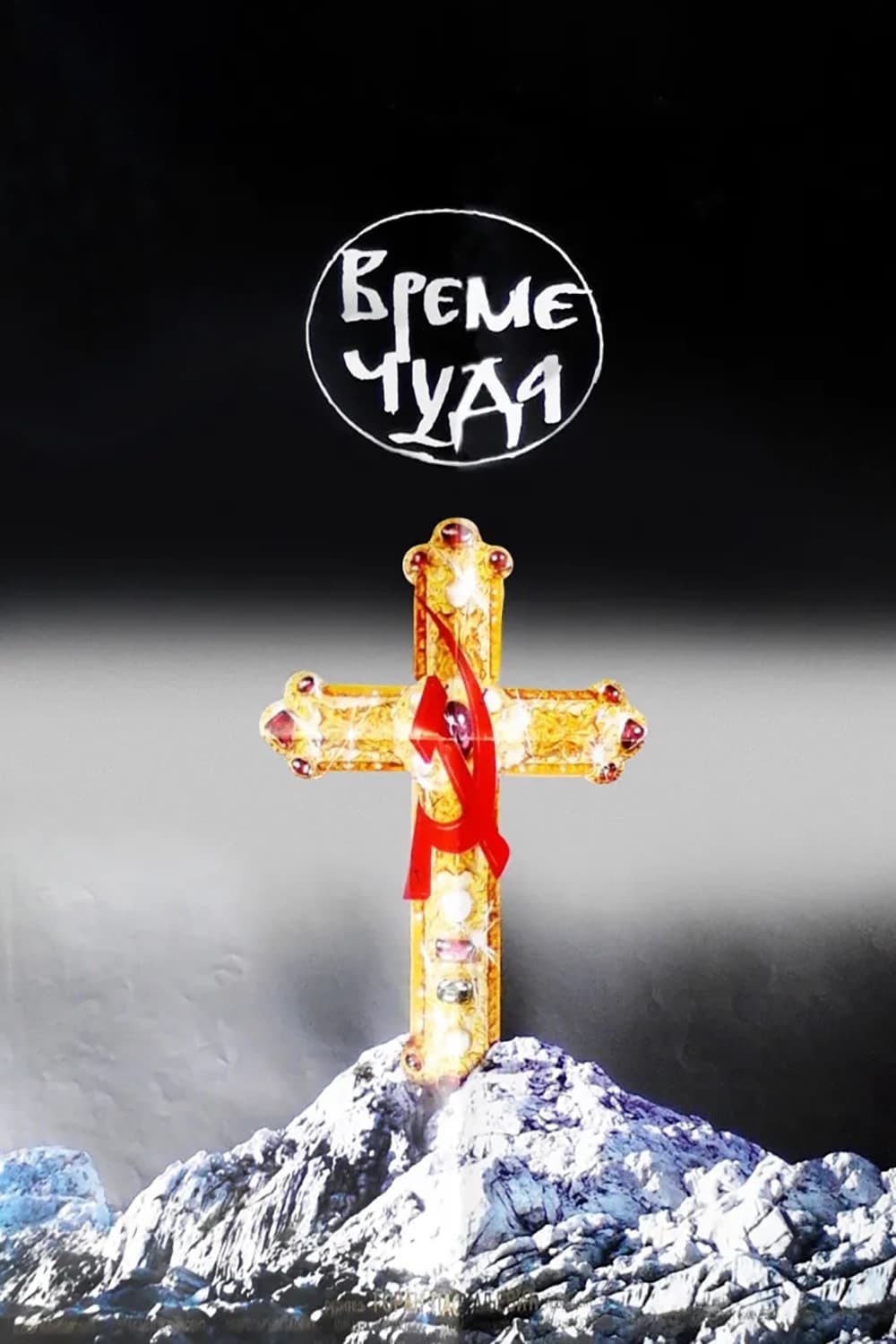
September 1945. The new communist authorities go into the church, hang the flag of the Party and paint over the old frescoes, but each time the frescoes miraculously return. A stranger comes to town and works miracles; the townsfolk are convinced he is the Messiah. Director Paskaljevic cut his TV miniseries, based on the novel by Borislav Pekic, to feature film length.
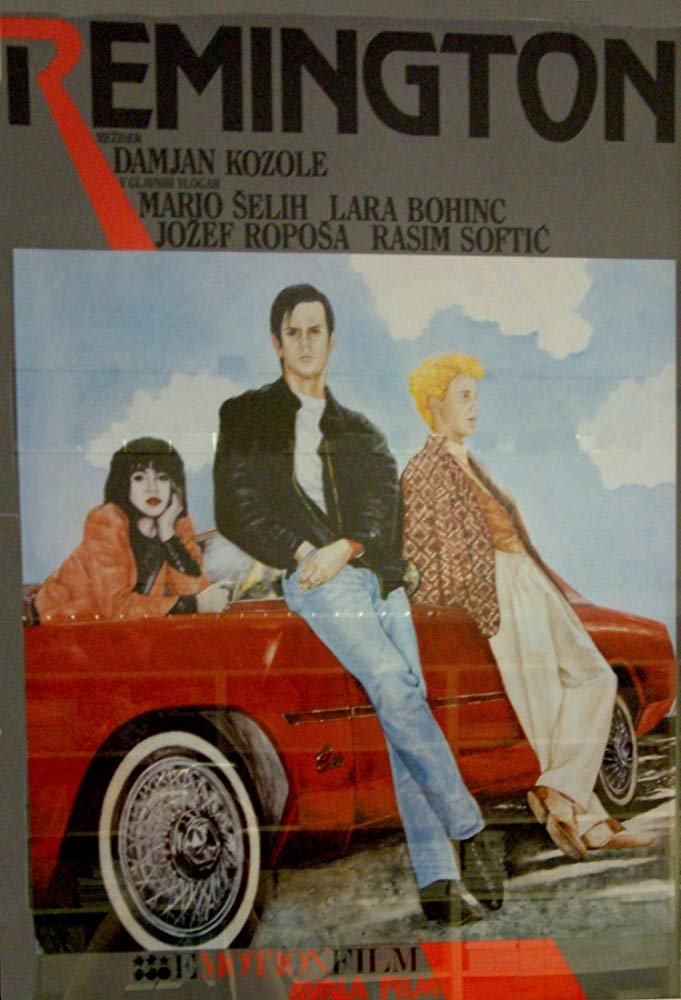
Oscar runs away from prison only five days before release. He droves off with his girlfriend to Split in a red car, so they could go to Italy and then to America. They meet photographer Jan, and thus their final destination seems every so closer. As police is on their trail, Oscar starts to suspect Jan...
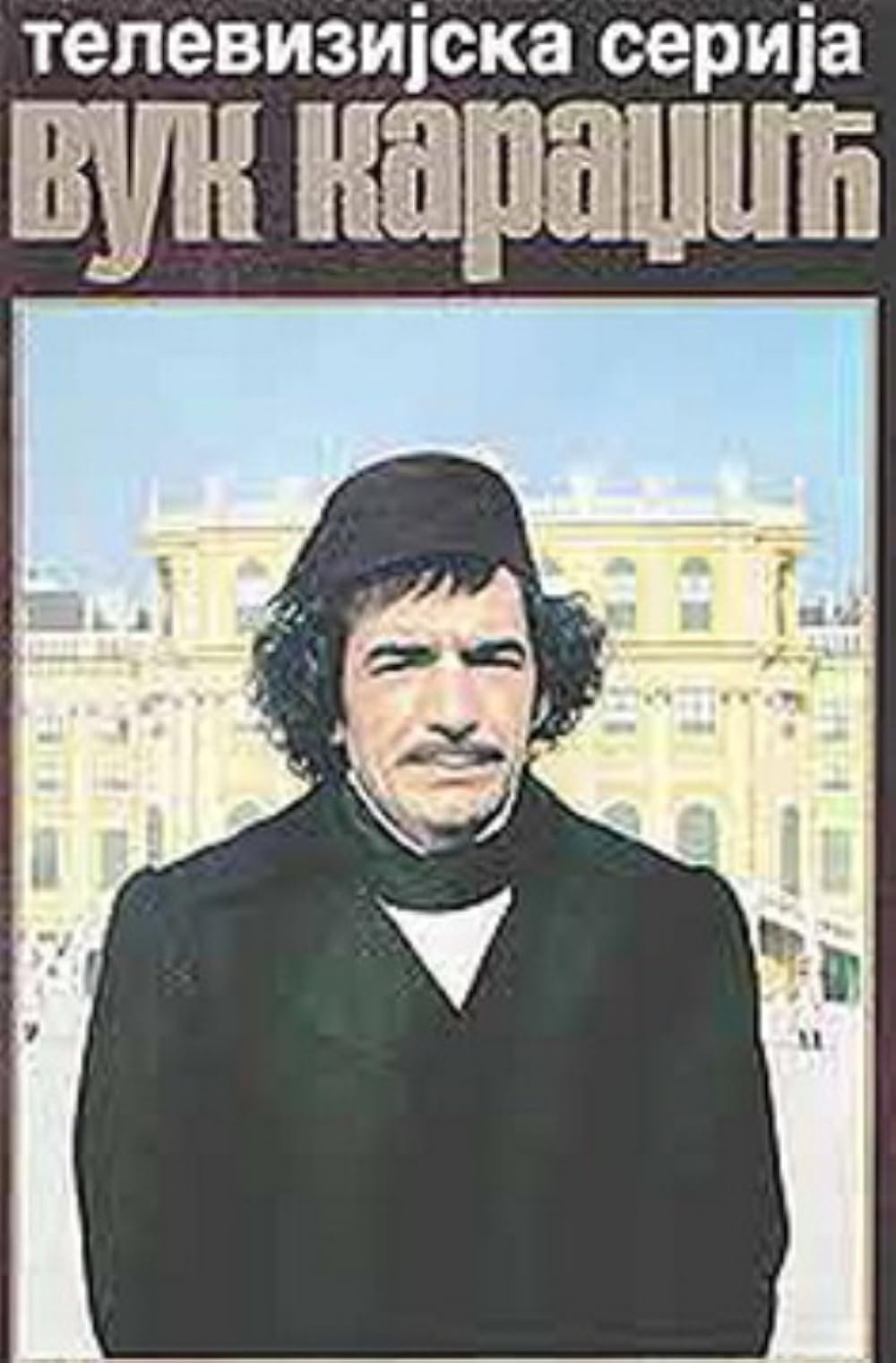
Vuk Karadžić, is а Yugoslavian historical drama television series which depicts the life and work of Vuk Stefanović Karadžić, a Serbian linguist and major reformer of the Serbo-Croatian language.
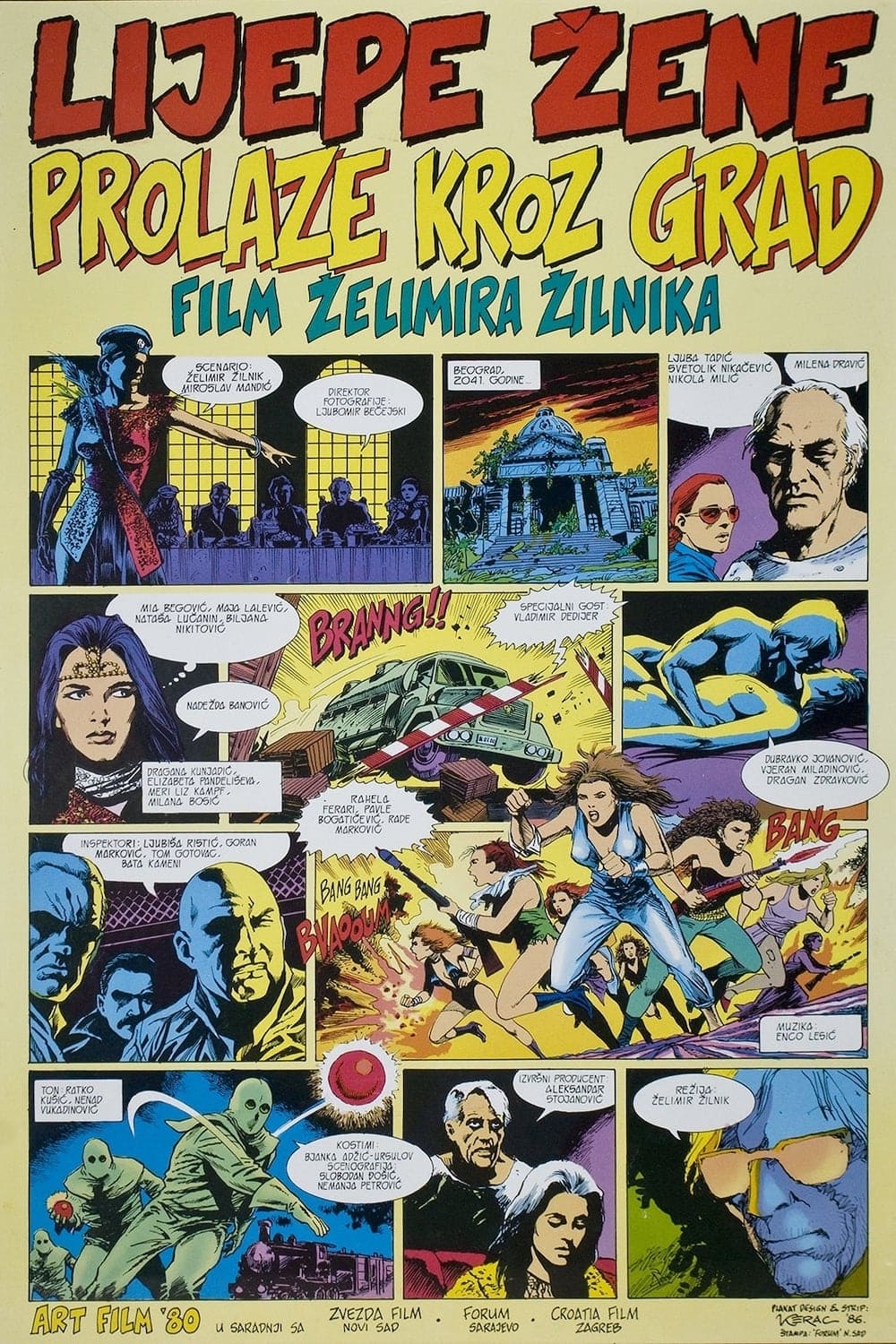
Belgrade in 2041 is a deserted city that looks like a dump yard. A few old men try to bring up a group of young girls in the old, traditional way of their Yugoslav ancestors.
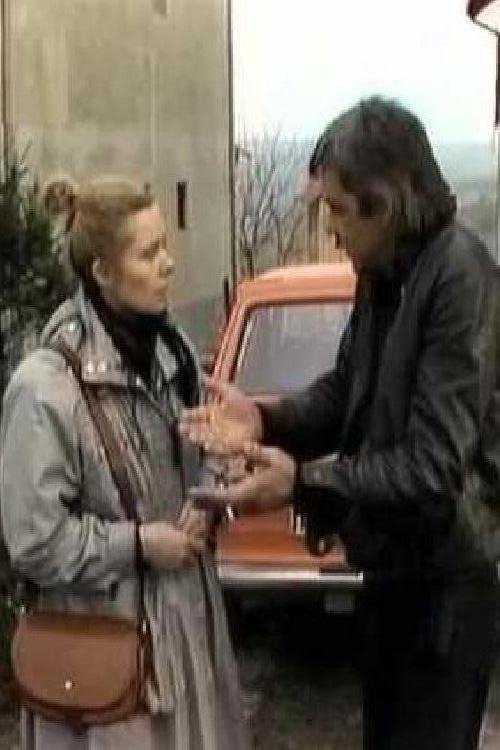
In the center of this docudrama are the events and tensions of the shooting of a feature film about Belgrade in the future. The director sets up unrealistic requirements to the producer, who breaks the law by overstepping the budget. During a court trial where the crew members are at the witness stand, we follow up the drama of how a film is made.
Ljubivoje "Ljuba" Tadić (Serbian Cyrillic: Љубивоје Тадић Љуба) (31 May 1929 — 28 October 2005) was a Serbian actor who enjoyed a reputation as one of the greatest names in the history of former Yugoslav cinema. He made his screen debut in 1953, but his first truly memorable role was in the 1957 film Nije bilo uzalud. In this film, like in many others, he played the villain, but he turned out to be the most memorable character. Later he built on this reputation and continued to play important historical and larger-than-life characters. He also made history by uttering an obscenity in one of the final scenes of 1964 World War I epic Marš na Drinu, which was the first such instance in the history of former Yugoslav cinema. Description above from the Wikipedia article Ljuba Tadić, licensed under CC-BY-SA, full list of contributors on Wikipedia.
By browsing this website, you accept our cookies policy.